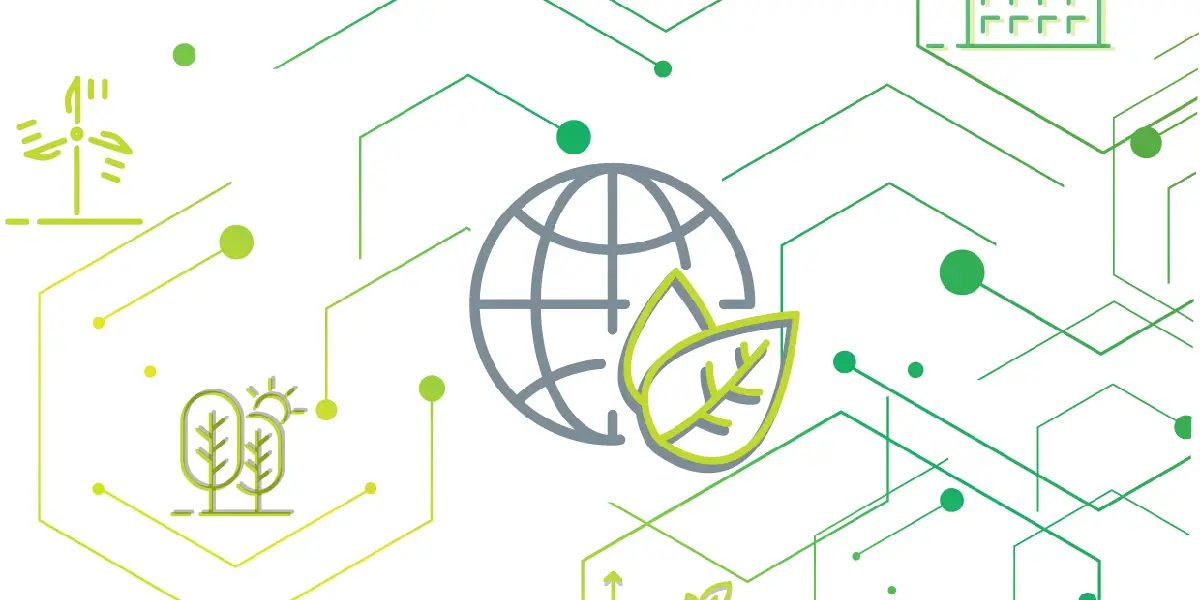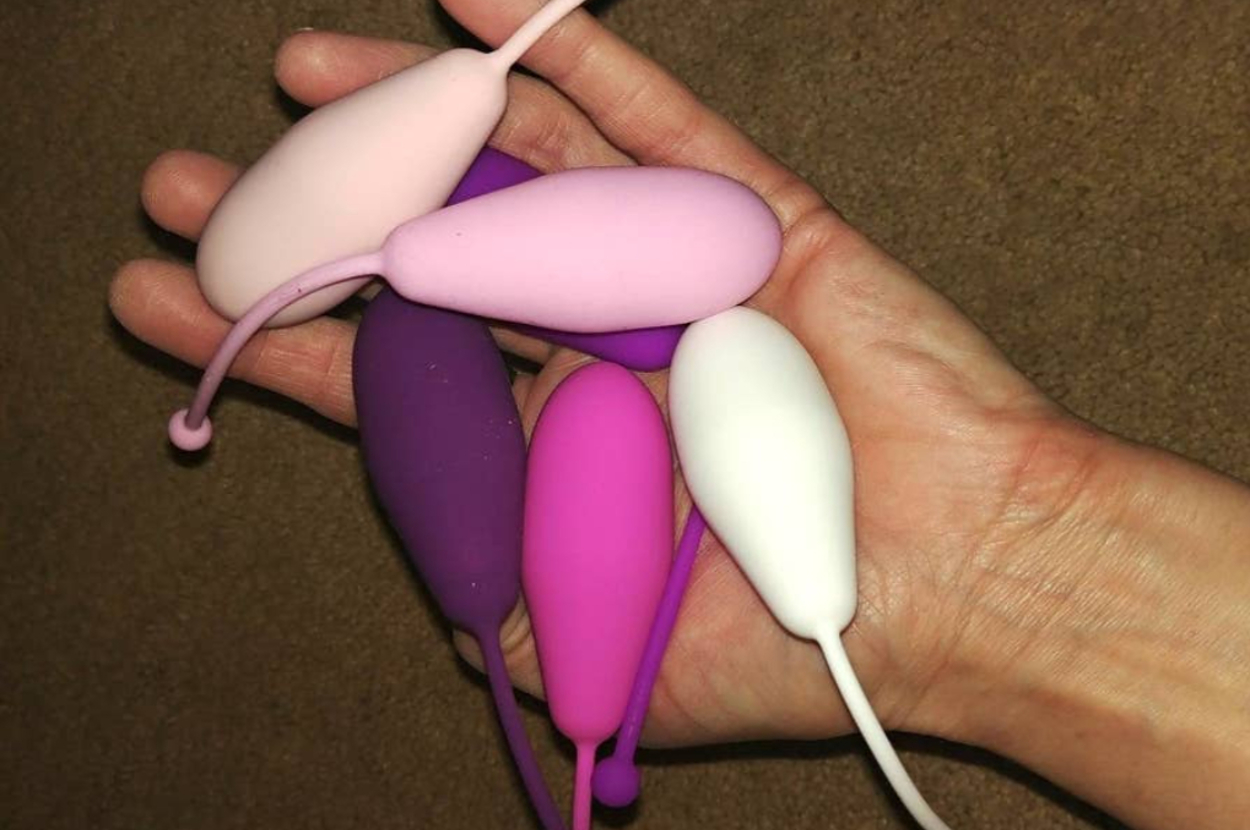“An alarming new study has found that even when plastic makes it to a recycling center, it can still end up splintering into smaller bits that contaminate the air and water,” reports Wired:
This pilot study focused on a single new facility where plastics are sorted, shredded, and melted down into pellets. Along the way, the plastic is washed several times, sloughing off microplastic particles — fragments smaller than 5 millimeters — into the plant’s wastewater. Because there were multiple washes, the researchers could sample the water at four separate points along the production line. (They are not disclosing the identity of the facility’s operator, who cooperated with their project.) This plant was actually in the process of installing filters that could snag particles larger than 50 microns (a micron is a millionth of a meter), so the team was able to calculate the microplastic concentrations in raw versus filtered discharge water — basically a before-and-after snapshot of how effective filtration is.
Their microplastics tally was astronomical. Even with filtering, they calculate that the total discharge from the different washes could produce up to 75 billion particles per cubic meter of wastewater. Depending on the recycling facility, that liquid would ultimately get flushed into city water systems or the environment. In other words, recyclers trying to solve the plastics crisis may in fact be accidentally exacerbating the microplastics crisis, which is coating every corner of the environment with synthetic particles.
“It seems a bit backward, almost, that we do plastic recycling in order to protect the environment, and then end up increasing a different and potentially more harmful problem,” says plastics scientist Erina Brown, who led the research while at the University of Strathclyde.
“It raises some very serious concerns,” agrees Judith Enck, president of Beyond Plastics and a former US Environmental Protection Agency regional administrator, who wasn’t involved in the paper. “And I also think this points to the fact that plastics are fundamentally not sustainable.”
Wired ponts out that more than half the microplastics can be captured with a filtration system. “Without it, the researchers calculated that this single recycling facility could emit up to 6.5 million pounds of microplastic per year. Filtration got it down to an estimated 3 million pounds.”
But one of the paper’s co-authors shared their discouraging conclusion. “The recycling centers are potentially making things worse by actually creating microplastics faster and discharging them into both water and air. I’m not sure we can technologically engineer our way out of that problem.”
Source link











Leave a Reply